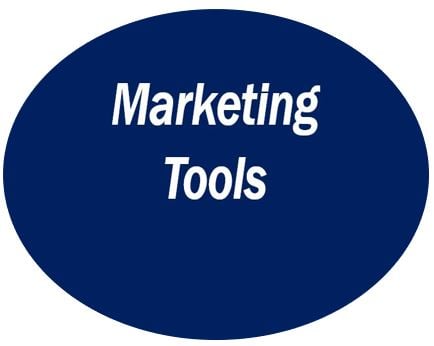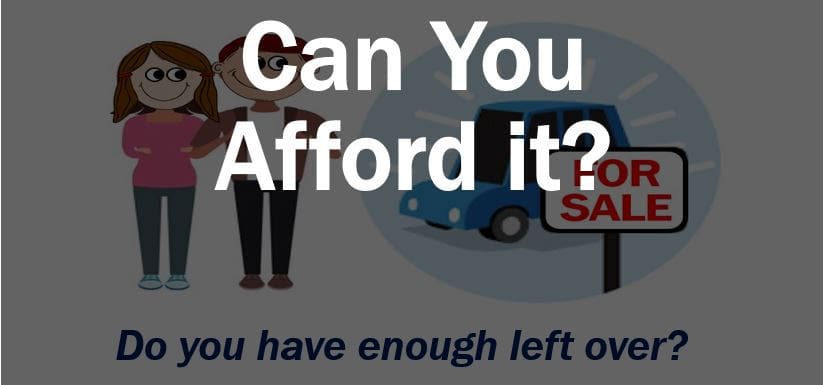Business Terms, Definitions & Concepts Hub
Decode the language of finance through our financial glossary hub, where you’ll find essential business and financial terms into comprehensive learning experiences. Far beyond simple definitions, each guide delivers in-depth analysis across banking fundamentals, investment strategies, economic theory, and the digital finance revolution reshaping our world.
Our visual learning tools, calculation methodologies, and cross-referenced insights transform abstract financial concepts into practical understanding you can apply immediately.
-
Explore the four key concepts of Market Strategy: Share, Segmentation, Penetration, and Positioning for better decision-making.
Estimated reading time: 1 minute
Recent
Financial Glossary Concepts
Business Terms and Definitions – In-depth guides to essential financial and business terminology







